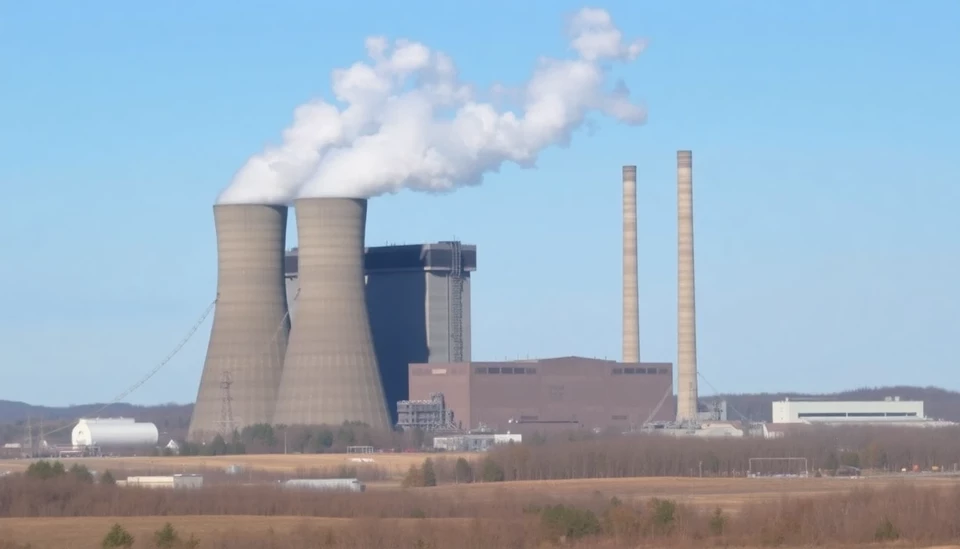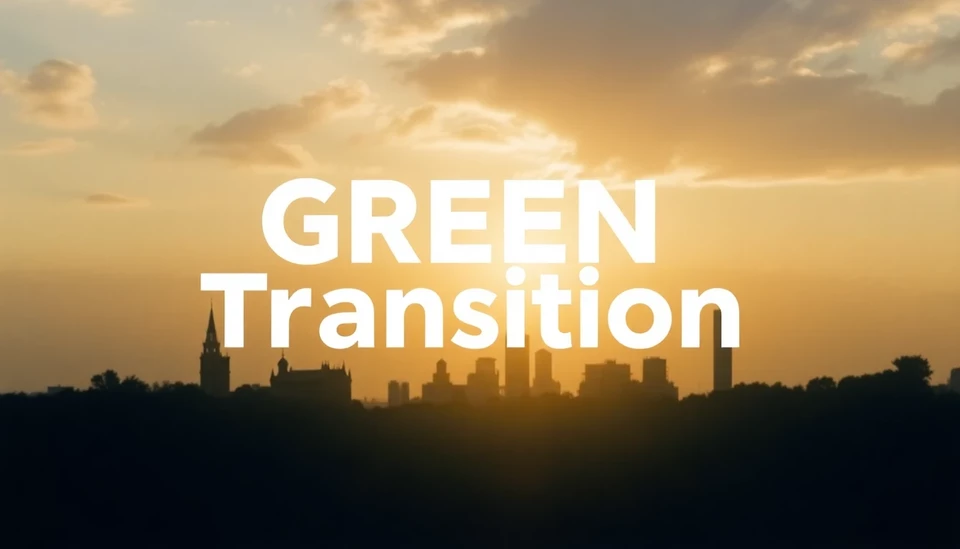
The UK government is facing serious allegations of violating environmental laws by permitting the discharge of raw sewage into waterways. This controversy centers around the recent decisions made by the Department for Environment, Food and Rural Affairs (DEFRA), which allegedly undermines established legal protections aimed at safeguarding the nation's water systems. Critics have voiced their concerns, highlighting the significant environmental and public health implications associated with these sewage spills.
Reports indicate that water companies across England have been discharging untreated wastewater into rivers and oceans at an alarming rate. This practice has raised eyebrows among environmental groups and the general public who argue that such actions not only contravene existing regulations but also present a direct threat to aquatic ecosystems and public health.
According to the Environment Agency, water firms released untreated sewage into the environment for a staggering 1.6 million hours in 2022 alone. The widespread allowance for such practices has sparked outrage among campaigners, who insist that the situation is untenable and demands immediate government intervention to enforce stricter regulations.
Environmental activists argue that the government’s relaxed stance towards these sewage discharges effectively amounts to a breach of the EU Water Framework Directive, which mandates that member states achieve high water quality standards. Despite Brexit having altered the UK’s regulatory landscape, activists believe that the spirit of these protections should remain in effect, regardless of new policies or frameworks that may arise.
In a recent statement from DEFRA, officials defended their actions, asserting that the legal exemptions for sewage discharges were necessary to manage infrastructure and response capabilities effectively. However, this justification has done little to quell public sentiment against the rising tide of pollution. Critics argue that the government is prioritizing short-term operational needs over long-term environmental health.
The legal challenges mounting against the government could lead to significant changes in how water pollution is monitored and managed in the UK moving forward. Campaigners have expressed their intent to pursue this matter further within the courts, seeking accountability and a restoration of the stringent standards that were traditionally upheld in the past.
As public awareness and engagement around environmental issues grow, the implications of these allegations may reverberate beyond just the legal realm, potentially influencing future elections and the political landscape regarding environmental policy in the UK. The ongoing discourse surrounding this situation emphasizes the critical intersection between governance, environmental stewardship, and public health—a dialogue that the government must navigate with care in the coming months.
As the situation continues to develop, stakeholders from various sectors—including environmental NGOs, local communities, and government officials—are expected to engage in discussions aimed at finding a viable solution that balances operational needs with environmental protection. The urgency for action has never been greater, and many are holding the government accountable for their role in safeguarding the nation's waterways.
With increasing scrutiny on sewage management practices and the potential for legislative changes on the horizon, the government’s approach to this pressing issue will likely define its environmental legacy and impact public trust in its commitment to ecological conservation.
#EnvironmentalPolicy #SewageSpills #UKGovernment #WaterQuality #PublicHealth #ClimateAction
Author: Sophie Bennett




